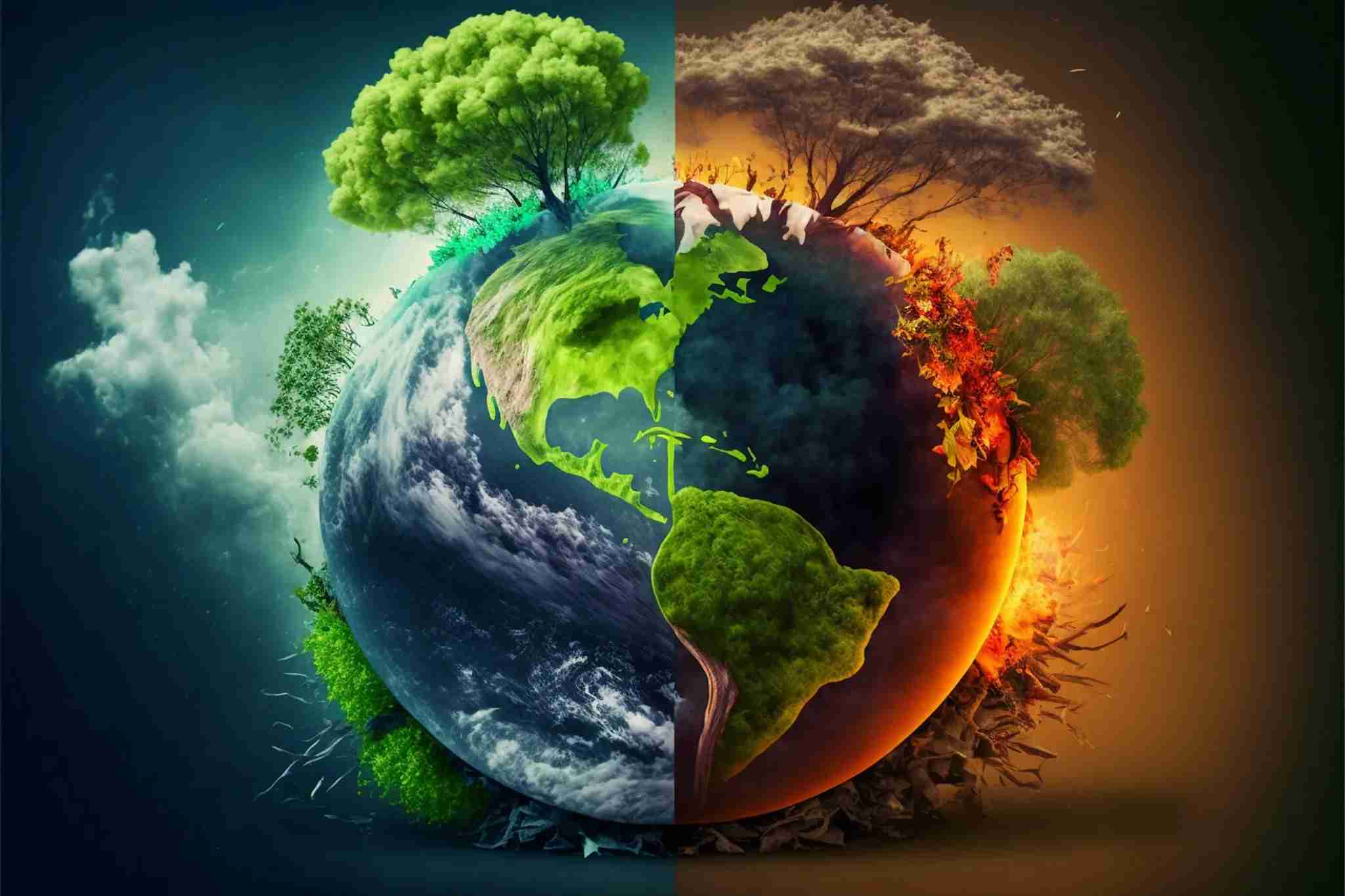Global Crises Interconnected: Climate, Food, Water, Health, Biodiversity
Why in the news?
A groundbreaking IPBES report reveals interconnected global crises, urging integrated solutions for climate change, biodiversity loss, food insecurity, water scarcity, and health risks to address challenges effectively and sustainably.
Global Challenges and Their Interconnections:
- A major scientific report by the Intergovernmental Science-Policy Platform on Biodiversity and Ecosystem Services (IPBES) highlights the interconnections among five global challenges: climate change, biodiversity loss, food insecurity, water scarcity, and health risks.
- Addressing these challenges in isolation is ineffective and counterproductive; an integrated approach is essential.
- The current global economic model negatively impacts all these challenges, leading to unaccounted costs of $10-25 trillion annually.
The Importance of Nature and Transformative Action
- Protecting nature is critical not just environmentally but economically, as over half of the global GDP ($58 trillion annually) depends on natural ecosystems.
- The report advocates for transformative changes based on equity, justice, and adaptive human-nature relationships.
- Immediate action can prevent rising costs and unlock opportunities worth $10 trillion and 400 million jobs by 2030 through sustainable economic practices.
Key Findings of the Nexus Report:
- The report, termed the “Nexus Report,” emphasizes harmonizing responses to these challenges to avoid negative impacts on one area while addressing another.
- Positive actions like scaling up food production or focusing solely on climate change may exacerbate biodiversity loss and resource stress.
- Seven synergistic solutions were proposed, including restoring carbon-rich ecosystems (e.g., forests, soils, mangroves), managing biodiversity to reduce disease risks, promoting sustainable diets, and relying on nature-based solutions.
- Biodiversity decline is occurring at a rate of 2-6% per decade over the last 50 years, with more than 50% of the global population affected by biodiversity loss and resource scarcity.
Sources Referred:
PIB, The Hindu, Indian Express, Hindustan Times




